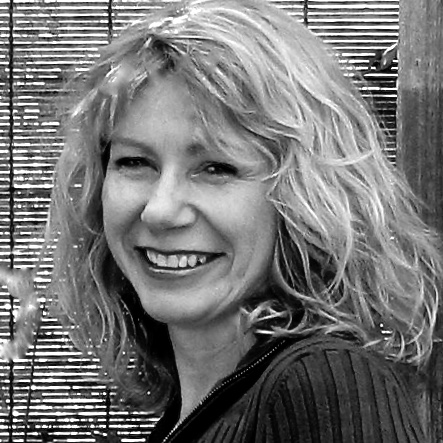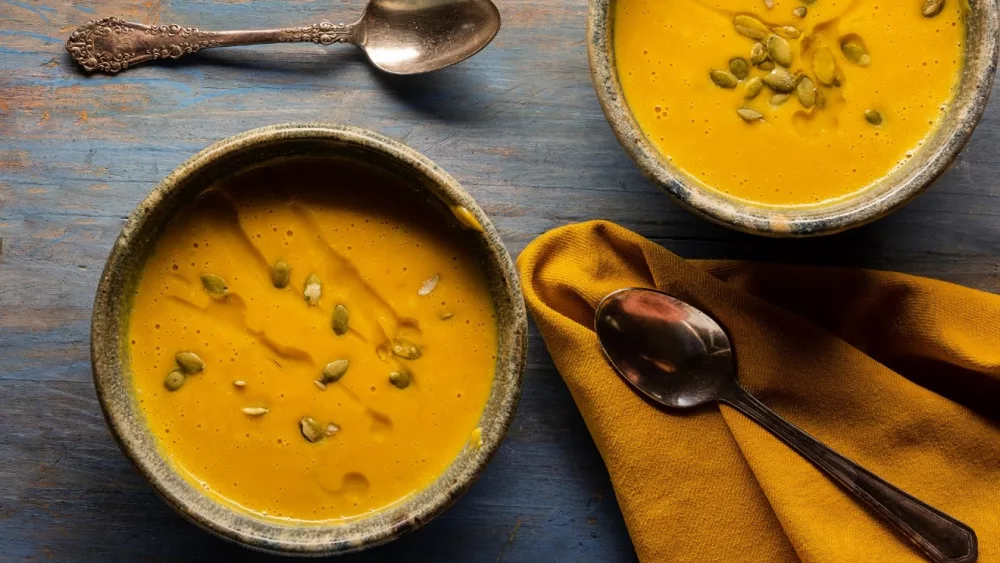
In today’s intense and busy world, calm is a rare state of being. We don’t often think about it; it’s not an attribute we frequently strive to cultivate. However, the “state of calm” is under-recognized as an indispensable superpower—and it deserves our attention. Cultivating a state of calm within can enhance your career, your personal life, and even help you choose reason over panic in a crisis.
Calm in a crisis
The presence of calm was most evident in the striking example of US Airways Flight 1549.
On Jan. 15, 2009, Captain Chesley “Sully” Sullenberger lost thrust in both engines. In the dead of winter, the former Air Force fighter pilot made a calculated choice to land the Airbus A320 (weighing more than 82,000 pounds) onto the icy waters of the Hudson River. Without hesitation, Captain Sullenberger trusted his decades of experience as a seasoned pilot, combined with a deep “inner-knowing.” Pilots describe this rare combination as “deliberate calm.”
Inner-knowing is similar to a gut instinct or strong intuition. However, inner-knowing comes from a higher place within—divine certainty.
Sully’s “state of calm” contributed to the perfect outcome. Everyone aboard was saved—150 passengers and five crew members. Sully accomplished what many believed to be the impossible. Every second was in complete alignment with a miracle. The near-tragic event is still warmly spoken of as the “Miracle on the Hudson.”
Calm is an unseen force that comforts both people and animals alike. It offers clarity of thought and guidance from inner-knowing. Calm is a place of inner-strength.
Calm in business
Yahoo Finance reports: Ray Dalio is considered the most successful hedge fund manager of all time. More than anything else, Dalio attributes his success to one thing: meditation. In an interview with clinical psychiatrist Norman E. Rosenthal, M.D., Dalio states that meditating helps him remain “centered.” It’s a calmness that he describes as being “like a ninja.” And, that he has practiced meditation for more than 40 years. He says that when there are many things on his mind and plenty of reasons for stress, meditation helps clear his mind and provides clarity. “Being calm and reasonable in how you present your view will help prevent the ‘flight-or-fight’ animal/amygdala reaction in others,” says Dalio. “Be reasonable and expect others to be reasonable.”
Calm in relationships
Why cultivate yourself from the inside out? Whether we interact with others at the grocery store, in the board room, or with family, friends and loved ones at home, it’s vital to cultivate a state of “calm and presence” to be truly successful in life. As Sullenberger once said, “We leave a little bit of ourselves with everybody we come in contact with.” Every interaction is an opportunity to rise to be our best self, and to influence another person’s life in a positive way. As we cultivate self-awareness, we naturally self-care. Only then, can we successfully offer a calm and comforting presence to others.
The science of meditation
Neuroscience proves a crucial variable centered in the brain’s prefrontal cortex. This part of the brain seamlessly combines the ability to balance visceral emotions, with a more rational and deliberate thought process. Additionally, the prefrontal cortex participates in free-choice, decision making, and self-awareness.
Meditators manifest healthier, plumper, younger brains; they are less fearful and more relaxed. Meditation is the effortless form of mental exercise that improves brain function in just eight weeks. Neuroscience proves regular practice thickens the prefrontal cortex (the learning and memory center of the brain); at the same time, the amygdala (the fear center of the brain) shrinks in volume. This is why historically, meditators are known to be calm with easy-going dispositions. By definition, a calm person does not show (or feel) any worry, anger, or excitement. Imagine life enhanced with this superpower known as calm.




